
Navigating through the all the advice and information about plant-based diets can be confusing. Arguments rage in the news media and online about the ethical, health and environmental considerations involved in moving away from animal-based foods.
Ethical arguments
The ethical case for switching to a plant-based diet is strong. Science has shown that most animals are sentient. That is, they have the capacity to feel pain, pleasure, suffering or comfort. There is no doubt that the billions of animals raised for food suffer, mainly because of industrialized agriculture, which deprives them of the ability to engage in natural behaviours, forces them to live in confined spaces, subjects them to painful procedures, transports them in stressful conditions, and ends their lives prematurely in a slaughterhouse.
Many people who have researched and thought about the sentience of animals and about the nature of modern animal agriculture have given up meat. For example, famed anthropologist and conservationist Jane Goodall has written that she stopped eating meat some 50 years ago “when I looked at the pork chop on my plate and thought: this represents fear, pain, death.”
Dr. Lori Marino, a renowned neuroscientist, recently wrote: “…the scientific literature on everyone from pigs to chickens points to one conclusion: farmed animals are someone, not something. They share many of the same mental and emotional characteristics that we recognize in ourselves and acknowledge in the animals closest to us – dogs and cats. To continue our self-indulgence, we resist the evidence and reinforce the status of farmed animals as objects, as commodities, as food.”
If you accept the ethical arguments against raising animals for food, the question then becomes: Okay, now what? For a growing number of people, the answer is to simply stop consuming animal products. The good news is that it’s never been easier to do so, but there are still practical matters to consider.
What do I eat?
The first big one is: What do I eat? This is where the debates over dietary health begin. It’s important to know that there is plenty of scientific evidence to show that a plant-based diet can be healthy. The Dietitians of Canada have stated that: “A healthy vegan diet has many health benefits including lower rates of obesity, heart disease, high blood pressure, high blood cholesterol, type 2 diabetes and certain types of cancer.”
However, if you’re concerned about health, you can’t just switch to a diet of veggie burgers, fries and vegan donuts. That’s why nutrition experts recommend a “whole foods” plant-based diet that focuses on including vegetables, fruits, whole grains, legumes, seeds and nuts. It can take a little time and effort to learn how to plan, shop for and prepare whole-food meals, but fortunately there are boundless resources online and in print to help you. (One of our favourites is Easy Animal-Free. You can also sign our Meatless Monday Pledge and receive weekly plant-based recipes.) In Vancouver, there are also plenty of plant-based restaurants to choose from, so going out to eat isn’t a problem.
The new meat alternatives
But what about all the new meat substitutes people are talking about, such as the Beyond Burger and the Impossible Burger? These products are sometimes criticized for being processed foods or for being high in calories. However, many also contain important nutrients such as protein and vitamin B12, which are important to a meatless diet. In many cases, the products have similar or better nutritional profiles than the meat products they’re replacing. The best approach to these foods is to eat them as occasional treats rather than as a staple of your diet. You can also check labels for nutritional information if you have specific concerns about ingredients.
Vancouver Humane is very supportive of the rise of the plant-based food industry. If all the world’s burgers, sausages and chicken nuggets were replaced with plant-based alternatives it would likely mean the end of factory farming, which exists only to mass produce cheap meat. It would also mean the end of suffering and slaughter for billions of animals. That’s a prize worth striving for.
It’s also essential to know that eating the new plant-based meat substitutes is far better for the environment than eating meat. The global meat and livestock industry is a major contributor to climate change and causes considerable environmental damage and harm to wildlife.
Take a step in the right direction
So, for a variety of important reasons, it’s a good idea to transition to a plant-based diet. Not everyone can make that change overnight, so go at your own pace. Even just reducing your meat consumption helps and is a step in the right direction. At Vancouver Humane, we recognize that change can be difficult and we don’t condemn people for their food choices. Instead we believe in providing helpful and reliable information, giving encouragement and being supportive.
If you’re ready to join the plant-based movement, please support our Go Veg campaign. You can help by eating more compassionately and by encouraging others to do the same.
Remember, every time you sit down to eat you can stand up for animals.





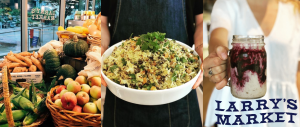
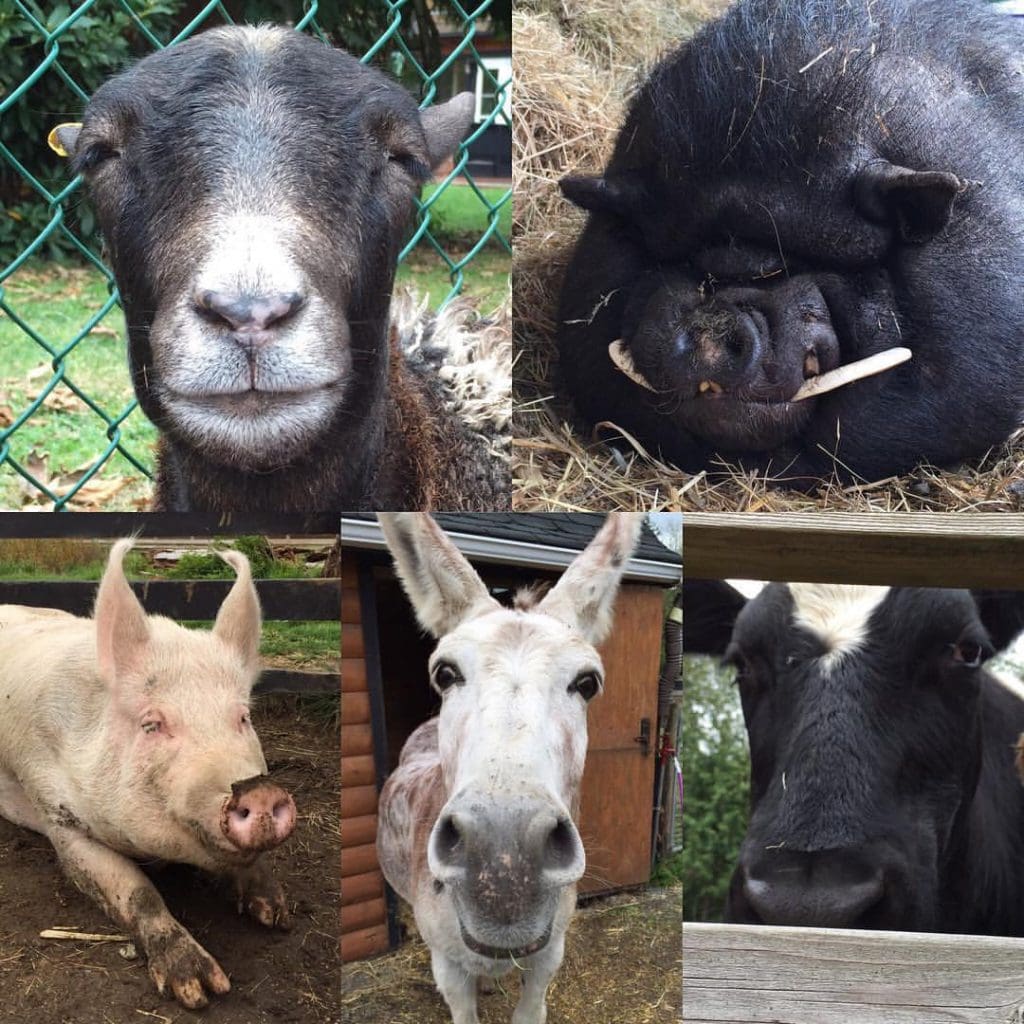





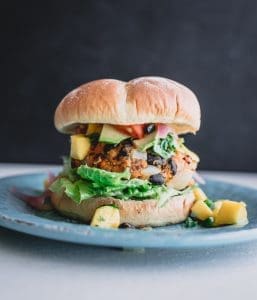 Back in 2016, Cambridge University made the decision to remove beef and lamb from its campus menus and offer more plant-based dishes in an effort to reduce its food-related emissions.
Back in 2016, Cambridge University made the decision to remove beef and lamb from its campus menus and offer more plant-based dishes in an effort to reduce its food-related emissions.
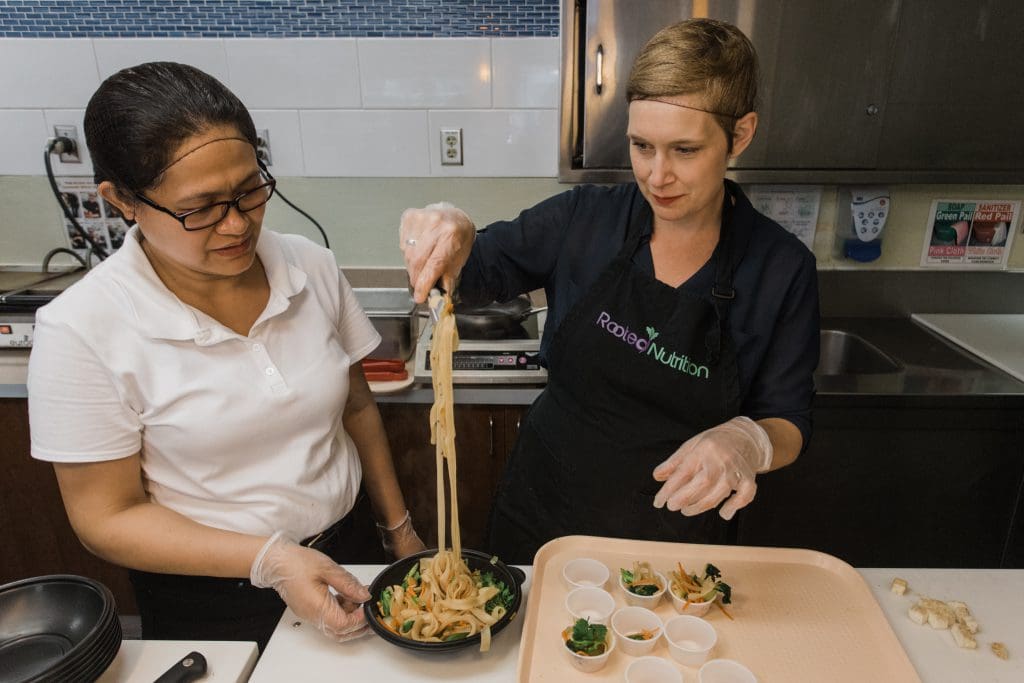

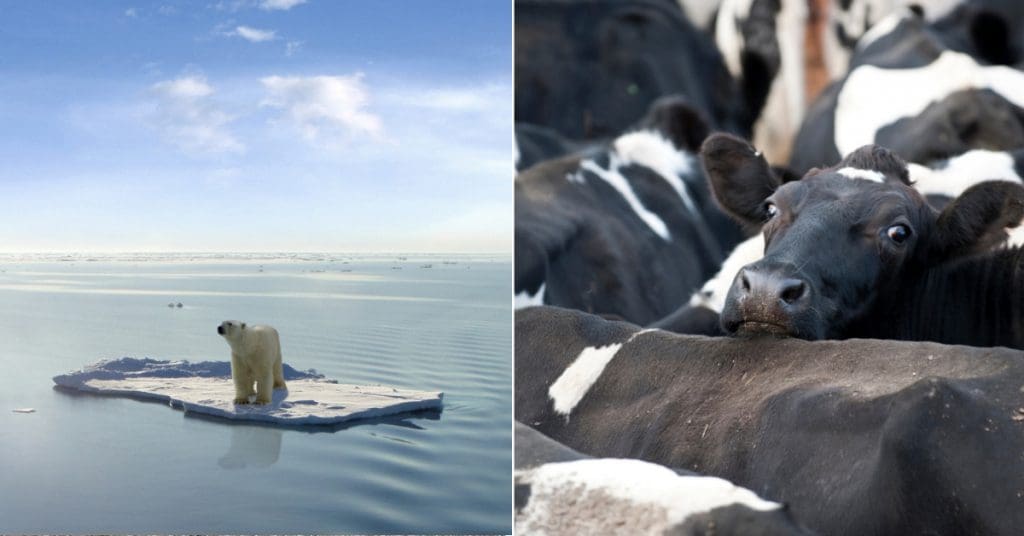
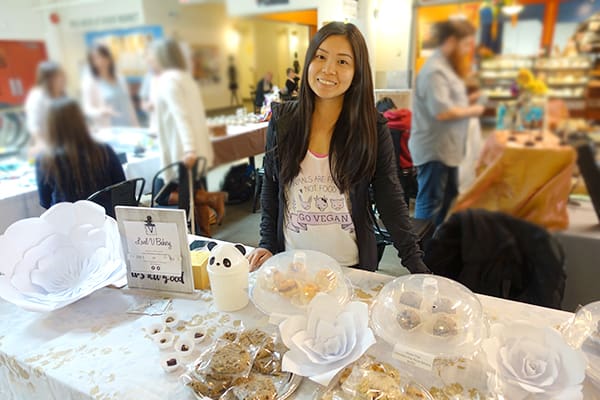
 I always had dabbled in baking, but it wasn’t until January of 2017 that I took it more seriously, after my vegan BFF Maria ordered my very first cake.
I always had dabbled in baking, but it wasn’t until January of 2017 that I took it more seriously, after my vegan BFF Maria ordered my very first cake.
 Today marks the 48th annual Earth Day celebration and around the world events and efforts will be taking place to draw attention to the need for stronger environmental protections.
Today marks the 48th annual Earth Day celebration and around the world events and efforts will be taking place to draw attention to the need for stronger environmental protections.